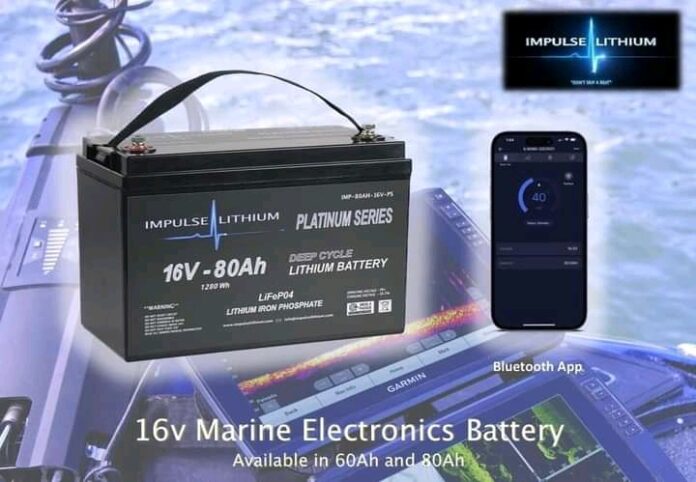THE IMPORTANCE OF SOLAR LITHIUM-ION BATTERY SAFETY IN ZAMBIA
By: ENGINEER BORNFACE ZULU
As a new energy science and technology engineer, I feel compelled to address a critical issue that affects the safety and well-being of our communities: the proper use and installation of lithium-ion batteries. These batteries are becoming increasingly popular due to their high energy density and efficiency, but they also pose significant risks if not handled correctly. This article aims to highlight the importance of not compromising on the quality of these systems and the necessity of employing qualified professionals for their installation.
Why Quality Matters
Lithium-ion batteries are powerful energy storage devices, but their potential hazards cannot be overlooked. Poor-quality batteries or improper installations can lead to overheating, fires, and even explosions. These incidents can cause severe damage to property and pose serious risks to the lives of loved ones. Therefore, it is crucial to invest in high-quality batteries and ensure they are installed by certified professionals.
Guidelines for Proper Installation
To ensure the safe and efficient operation of lithium-ion battery systems, the following guidelines should be followed:
1. Hire Qualified Personnel: Always employ certified and experienced professionals for the installation of lithium-ion battery systems. They have the necessary knowledge and skills to handle these complex installations safely.
2. Use Quality Components: Ensure that all components, including batteries, inverters, and wiring, meet industry standards and are sourced from reputable manufacturers.
3. Proper Ventilation: Install the battery system in a well-ventilated area to prevent overheating. Avoid placing batteries in confined spaces or near flammable materials.
4. Fire Safety Measures: Equip the installation area with appropriate fire safety equipment, such as fire extinguishers and smoke detectors. These devices can help detect and mitigate any potential fire hazards.
5. Regular Maintenance: Schedule regular inspections and maintenance of the battery system to ensure it remains in optimal condition. This includes checking for any signs of wear, damage, or malfunction.
Safety Precautions
In addition to proper installation, several safety precautions should be taken to minimize risks:
– Avoid Overcharging: Overcharging can cause batteries to overheat and potentially catch fire. Use chargers that are specifically designed for lithium-ion batteries and have built-in overcharge protection.
– Monitor Temperature: Keep an eye on the temperature of the battery system. If it becomes excessively hot, disconnect it immediately and seek professional assistance.
– Proper Disposal; Dispose of old or damaged batteries properly. Do not throw them in the trash, as they can pose environmental hazards. Instead, take them to designated recycling centers.
The Importance of Informed Consumers
Educating the public about the risks and proper handling of lithium-ion batteries is essential. An informed consumer is better equipped to make safe and responsible choices. Before purchasing a lithium-ion battery system, consider the following guidelines:
– Research: Understand the specifications and safety features of the battery system you intend to purchase.
– Ask Questions: Inquire about the installation process, maintenance requirements, and safety measures from the supplier or installer.
– Verify Certifications: Ensure that the products and professionals involved are certified by recognized industry standards.
By following these guidelines and prioritising safety, we can harness the benefits of lithium-ion batteries while protecting our property and loved ones. Let’s work together to create a safer and more informed community.
Please Note
If you have any questions or need further information, feel free to reach out. Stay safe and informed!

Very informative article. I NEED this knowledge as IAM planning to buy a solar panel for my Farm!!